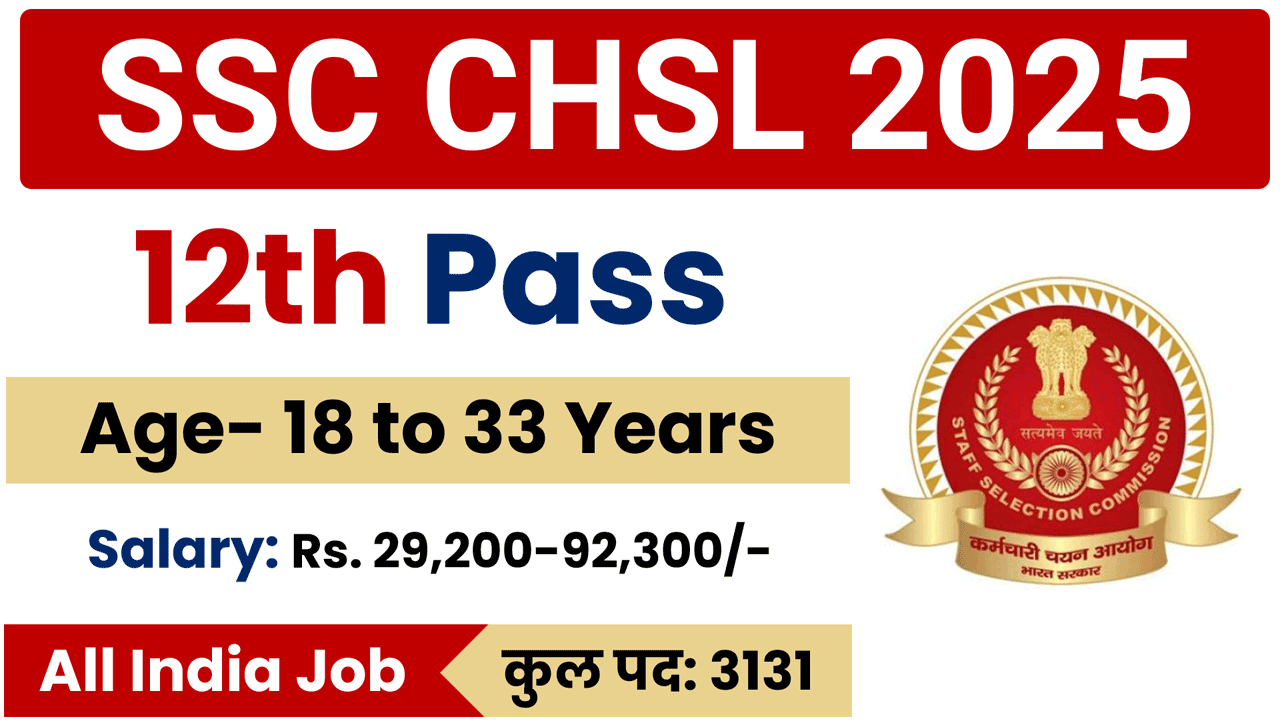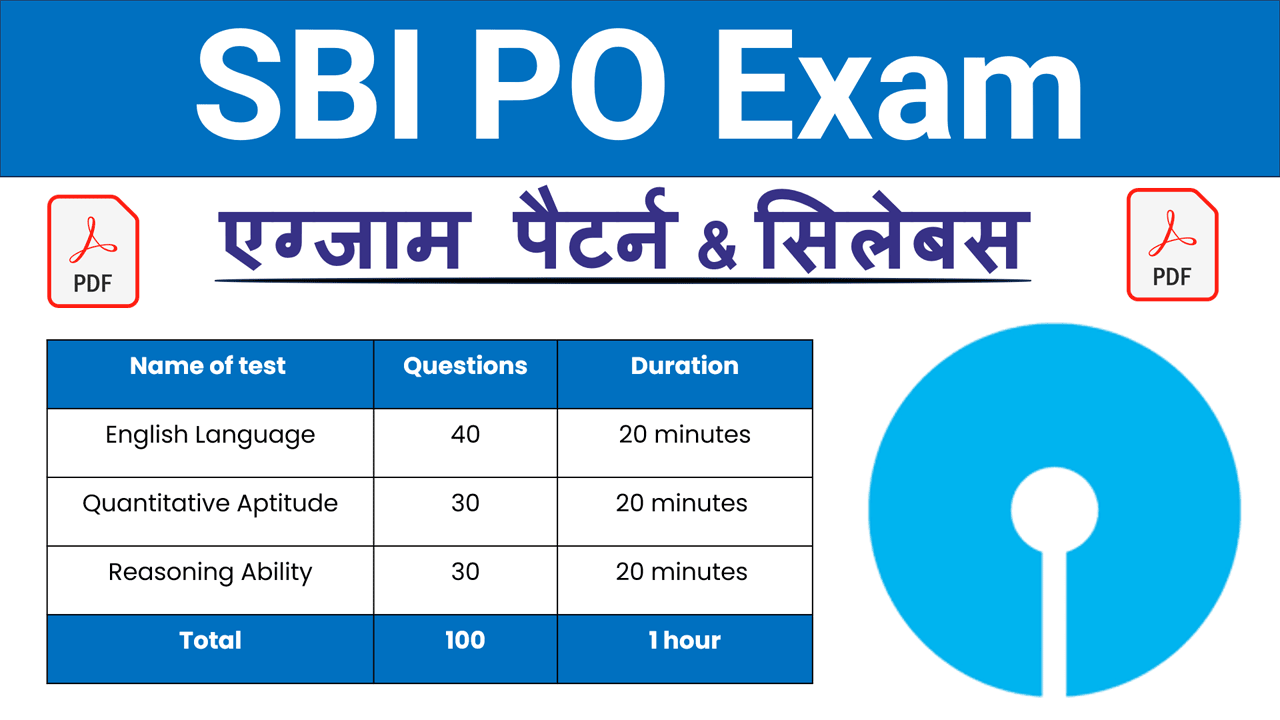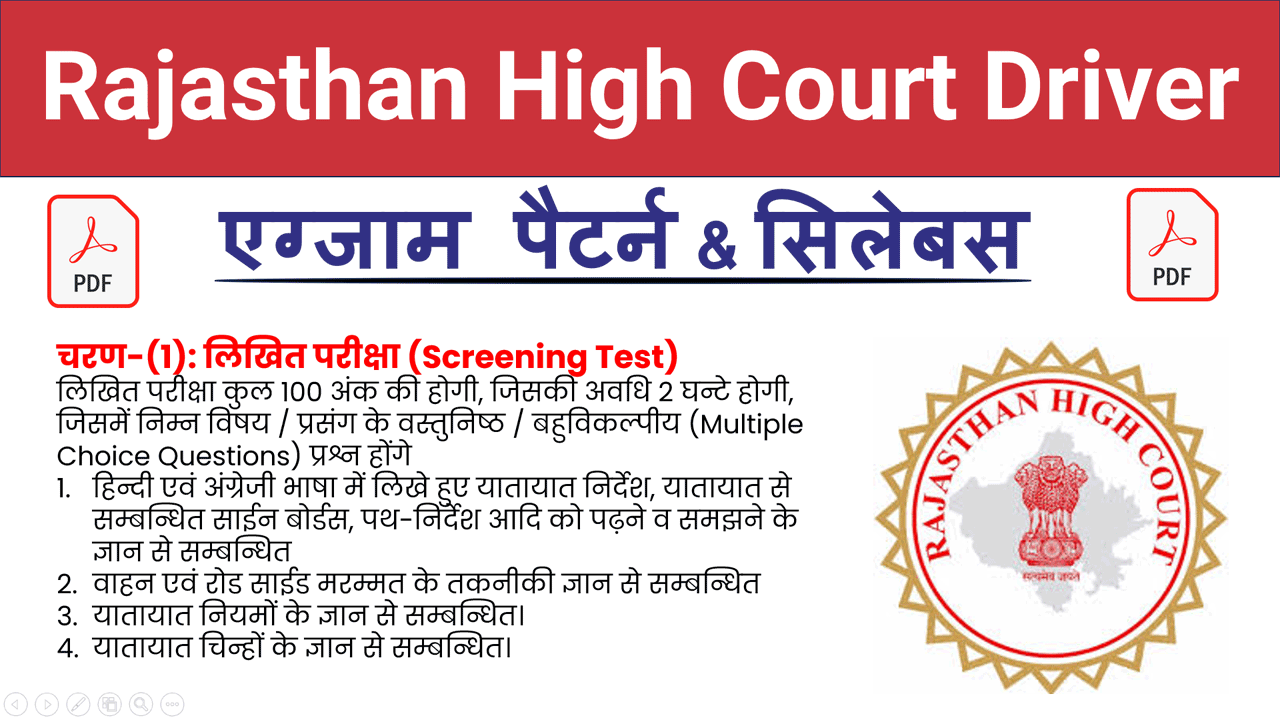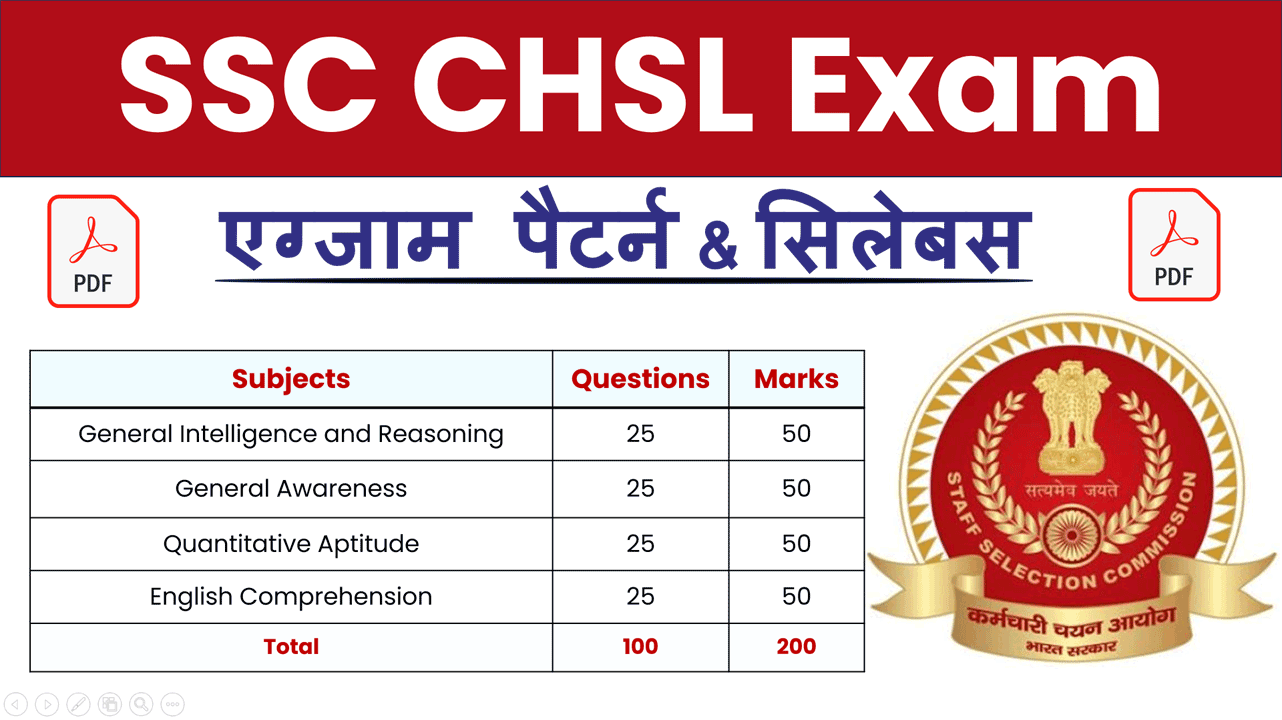Mastering Mixture and Allegation: A Comprehensive Guide for Competitive Exams: Mixture and Allegation is a crucial topic in mathematics, especially for competitive exams where quantitative aptitude is tested rigorously. Whether you’re preparing for entrance tests, government job exams, or any competitive assessment, a strong understanding of Mixture and Allegation can significantly enhance your problem-solving skills. This guide explores the intricacies of Mixture and Allegation, providing you with all the essential knowledge to excel in this critical topic.
| Chapters | Download Links |
| Average📙 | Download 🔗 |
| Compound Interest📙 | Download 🔗 |
| Circle📙 | Download 🔗 |
| Cube & Cube Root📙 | Download 🔗 |
| Cuboid📙 | Download 🔗 |
| Cylinder📙 | Download 🔗 |
| Heights & Distance📙 | Download 🔗 |
| LCM & HCF📙 | Download 🔗 |
| Mixture and Allegation📙 | Download 🔗 |
| Partnership📙 | Download 🔗 |
| Percentage📙 | Download 🔗 |
| Profit, Loss & Discount📙 | Download 🔗 |
| Quadrilateral📙 | Download 🔗 |
| Ratio & Proportion📙 | Download 🔗 |
| Simple Interest📙 | Download 🔗 |
| Simplification📙 | Download 🔗 |
| Speed, Time & Distance📙 | Download 🔗 |
| Sphere📙 | Download 🔗 |
| Square & Square Root📙 | Download 🔗 |
| Time and Work📙 | Download 🔗 |
| Trigonometry📙 | Download 🔗 |
What is Mixture and Allegation?
Mixture and Allegation is a concept in mathematics that deals with the mixing of two or more ingredients or solutions to obtain a desired mixture or to find the proportion in which these ingredients are mixed. It is particularly useful in scenarios involving mixtures of different substances, alloys, or solutions of different concentrations.
Importance of Mixture and Allegation in Competitive Exams
- Quantitative Aptitude: Competitive exams often feature questions on Mixture and Allegation to assess candidates’ ability to solve complex mathematical problems involving ratios and proportions.
- Problem-Solving Skills: Mastery of Mixture and Allegation helps in solving real-world problems related to proportions, concentrations, and mixtures encountered in various fields such as chemistry, business, and economics.
- Logical Reasoning: Questions based on Mixture and Allegation test your logical reasoning skills by presenting scenarios where you must determine ratios, quantities, or concentrations based on given conditions.
Types of Mixture and Allegation Problems
- Simple Mixture Problems: These involve calculating the ratio in which two or more ingredients of different prices or concentrations must be mixed to obtain a mixture at a given price or concentration.
- Allegation Problems: Allegation involves determining the ratio in which two or more ingredients of different qualities or strengths must be mixed to obtain a mixture of a specified quality or strength.
- Application Problems: These include practical scenarios such as finding the average price of a mixture, determining the quantity of each ingredient needed for a desired mixture, or calculating dilutions in chemistry.
Tips for Mastering Mixture and Allegation
- Understand the Concepts: Familiarize yourself with the basic principles, formulas, and methods used in solving Mixture and Allegation problems.
- Practice Regularly: Solve a variety of problems from previous years’ papers, mock tests, and textbooks to improve your proficiency and speed in solving Mixture and Allegation problems.
- Work on Logical Reasoning: Develop your ability to analyze and interpret given data to arrive at solutions using Mixture and Allegation concepts effectively.
Conclusion
In conclusion, mastering Mixture and Allegation is essential for excelling in competitive exams that test quantitative aptitude and logical reasoning. By understanding the principles, practicing a variety of problems, and honing your problem-solving skills, you can approach Mixture and Allegation problems with confidence. Remember, proficiency in this topic not only helps in exams but also real-life scenarios requiring analytical and mathematical skills.











